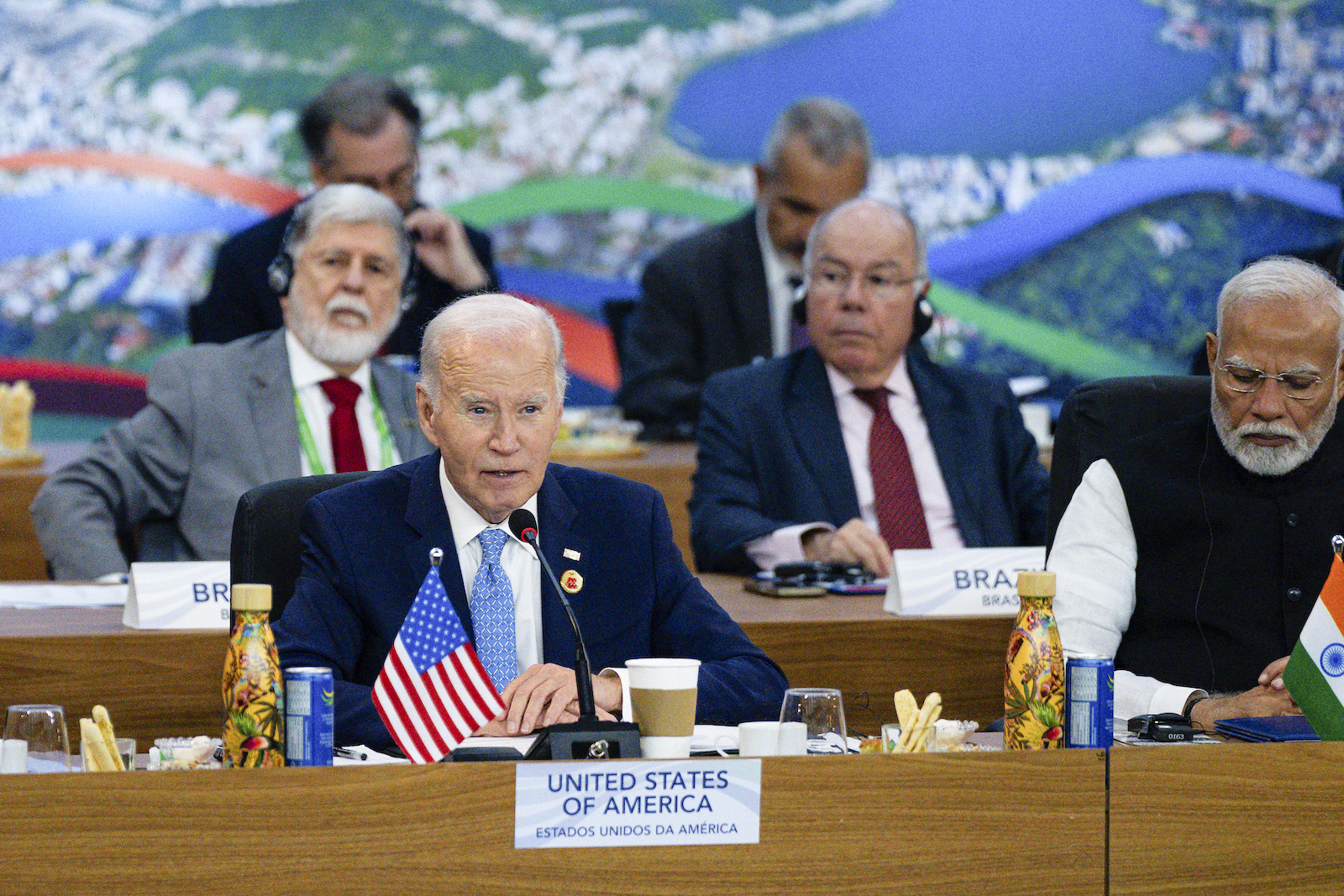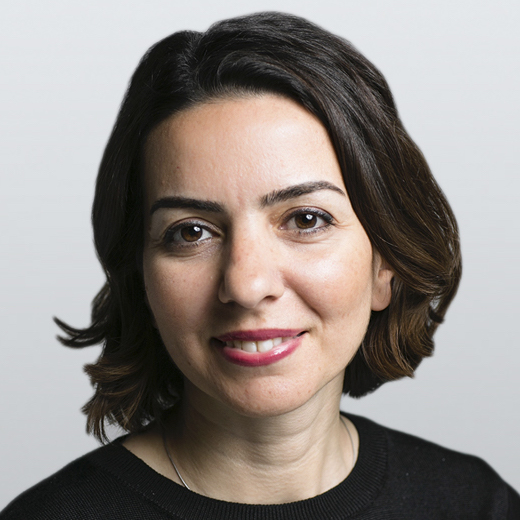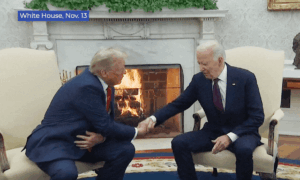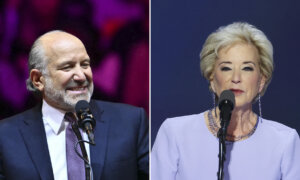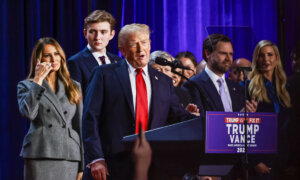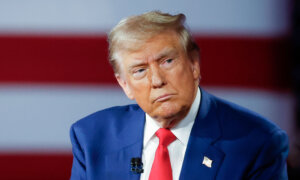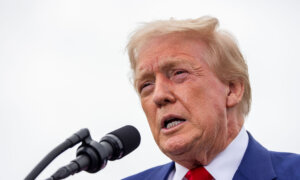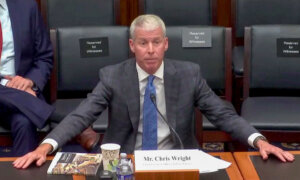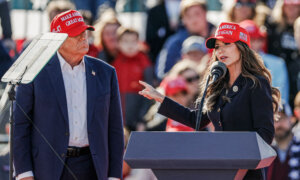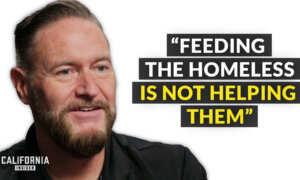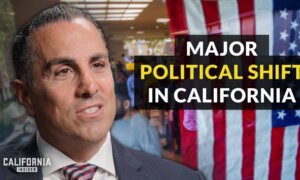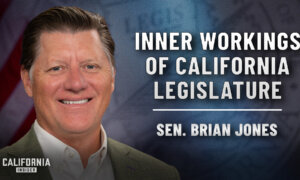The annual gathering of the world’s 20 largest economies began on Nov. 18 in Rio de Janeiro, with President Joe Biden attending his final G20 summit as U.S. president.
The two-day summit focuses on social inclusion, global governance reform, and energy transitions.
This year’s summit takes place against the backdrop of rising geopolitical and trade tensions, including the ongoing war in Ukraine and concerns over potential tariff hikes under the incoming U.S. administration.
Russian President Vladimir Putin did not attend this year’s summit. Instead, Russian Foreign Minister Sergey Lavrov represented the country.
The first day of the summit saw a tense exchange of words between U.S. and Russian officials.
A day before the summit, reports surfaced that Biden had authorized Ukraine to use U.S.-provided long-range missiles to strike targets in the Russian region of Kursk in the war.
While White House officials chose not to comment on the reports, they didn’t deny them.
The Kremlin has accused Biden of “adding fuel to the fire.”
Putin’s spokesman, Dmitry Peskov, told Russia’s TASS news agency on Nov. 18 that if the United States permitted Kyiv to use U.S. missiles to strike targets in Russia, it would represent a new level of escalation and a significant shift in the United States’ involvement in the conflict.
In response to Peskov’s comments, White House deputy national security adviser Jon Finer said that “the fire was lit by Russia’s invasion of Ukraine.”
“I think this notion of fuel on the fire is, frankly, a side issue to the main issue, which is Russia waging a war of aggression across a sovereign border into Ukraine and continuing to do so,” he said during a news briefing at the summit.
Finer highlighted the significant Russian escalation in recent weeks, including the deployment of North Korean forces on Russian soil.
“We’ve been clear to the Russians that we will respond to that,” Finer said.
He added that the U.S. response will evolve based on changing circumstances, consistent with Washington’s approach to the conflict, to support Ukraine’s defense of its territory and sovereignty.
Biden Absent From Group Photo
Brazilian President Luiz Inácio Lula da Silva, who is the host of this year’s summit, announced during the first meeting of the event a new global alliance to combat hunger and poverty.After the meeting, world leaders gathered for a group photo, with Lavrov and Chinese leader Xi Jinping among them.
However, Biden’s absence from the photo raised questions.
The White House later provided clarification on the matter.
“Due to logistical issues, they took the photo early before all the leaders arrived,” a senior official told reporters.
The official said that this was purely because of logistics, not because Biden was avoiding a photo with Lavrov.
Tensions over trade and tariffs are also a top concern during this year’s G20 summit.
U.S. President-elect Donald Trump has spoken strongly in favor of tariffs, and many U.S. trading partners have questioned whether the new administration will implement across-the-board tariffs on many foreign goods.
“This is not going to be a swansong for Biden. Not only is he a lame duck, but a super lame duck because his successor is going to have very different policies than he is,” Erin Murphy, deputy director of the Chair on India and Emerging Asia Economics at the CSIS, said during a Nov. 12 news briefing.
Trump has repeatedly signaled that he will employ tariffs of up to 60 percent on made-in-China products arriving in the United States.
He has also proposed a universal tariff of 10 percent to 20 percent on all imported goods.
Before the G20 summit, Biden held a bilateral meeting with Xi on Nov. 16 in Peru on the sidelines of the APEC summit.
“China is ready to work with the new U.S. administration to maintain communication, expand cooperation, and manage differences,” Xi told Biden during the meeting.
The G20 economies account for nearly 85 percent of the world’s GDP, more than 75 percent of global trade, and nearly two-thirds of the world’s population.
The current members of the G20 are Australia, Brazil, Canada, China, France, Germany, India, Indonesia, Italy, Japan, South Korea, Mexico, Russia, Saudi Arabia, South Africa, Turkey, the UK, and the United States, plus the two regional bodies, the African Union and the European Union.
